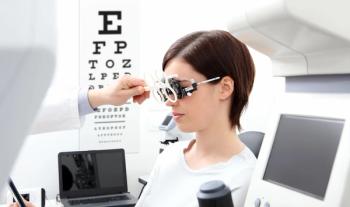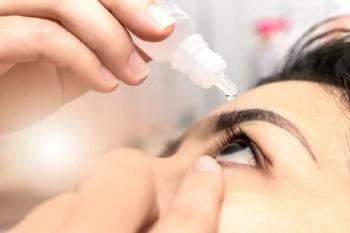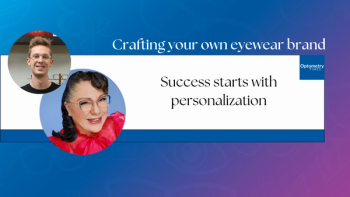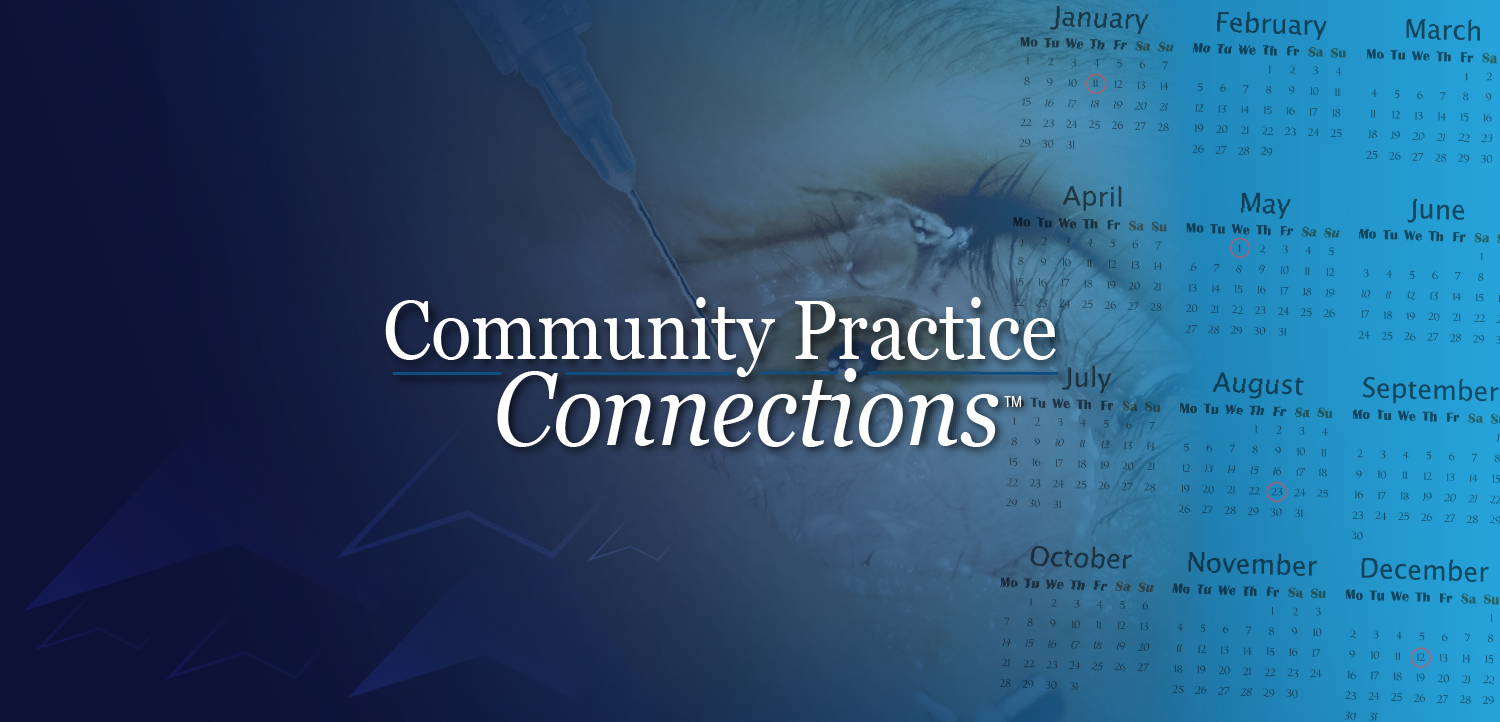
What the doctor expects from the tech
From medical knowledge to technical skills, eyecare practitioners (both OD and MD) have expectations of their technicians. Tech attendees at Vision Expo East learned what their doctors expected.
New York City-From medical knowledge to technical skills, eyecare practitioners (both OD and MD) have expectations of their technicians. Tech attendees at
Vincent K. Young, MD, division of ophthalmology, Albert Einstein Medical Center, Philadelphia, reviewed expected skills while educating techs on many conditions and diseases during an informal, interactive talk. He also shared several cases in which tech knowledge affected patient outcome.
Medical knowledge
Dr. Young reviewed necessary medical knowledge, querying attendees for 4 causes of red eye (responses were allergy, contact lens-induced red eye, pterigyum, and acute angle closure) and 2 causes of vision loss (responses were retinal detachment and vessel occlusion).
Techs should have:
• Good listening and history-taking skills
• Understanding of diseases
• Anticipation of appropriate diagnostic testing
• Ability to triage urgencies and emergencies-does the patient need to come in today, tomorrow or next week
• Understanding of pharmacology, both ophthalmic and systemic
• Broad knowledge of medical terminology, both ophthalmic and non-ophthalmic
More specifically, techs should understand the significance of ophthalmic signs and symptoms. For example, techs must:
• Know causes of red eye
• Know causes of sudden vision loss
• Understand headache causes and management
• Understand neuroimaging
• Understand ptosis
Ophthalmic examination
Depending on the practice and type of practitioner, techs may be involved in assisting with portions of the examination. Techs should know to conduct:
• Vision assessment, including for children and illiterate, or non-English speaking patients
• Refractions (retinoscopy)
• Pupil testing ("If you dilate pupils for your doctor," says Dr. Young, "you have to know how to assess pupils.")
• Motility testing
• Confrontational visual field testing
• Color tests
• Amsler grid testing
• Tonometry
• Tear film assessment, such as tear film break-up time, tear lake
• Diplopia assessment
• Tests for epiphora
• Evaluating stereo vision, binocular vision
Technical skills
Technical skills for technicians include:
• Autorefract
• Axial length
• Topography
• B scan ultrasound
• Anterior/posterior segment OCT
• Fundus photography
• Visual field testing
• Pachymetry
• Low vision therapy
• Minor surgical assisting
• Contact lens fitting
• Electrodiagnostic testing, such ERG and VEP
Practice management
Keeping abreast of skills in managing the practice keeps the office running well.
• Coding and billing
• Scribing
• Good chart documentation
• Equipment maintenance ("Never touch projector bulbs with your bare hands," says Dr. Young, "because oils on your fingers will affect the life of the bulb.")
• Office maintenance, including infectious disease control
• Surgery scheduling
• Informed consent
• Handling biopsy or clinical specimens
• Obtaining lab results and reports
• Optical dispensing
• Maintaining contact lens inventory
• Cross-training in front desk and clerical activity
People skills
All practice employees, including technicians, must provide a good first and last impression to every patient. Staying professional at all times means more than ever now with the changing healthcare environment, says Dr. Young, because patient satisfaction will count more and more.
Techs should be able to:
• Provide a warm environment for patients
• Be a good patient educator
• Provide surgical information regarding cataract, refractive, glaucoma
• Provide post-op instructions
• Discuss newer treatments for diseases such as AMD and glaucoma
• Demonstrate empathy
• Be sensitive to patient needs, fears, and concerns
• Manage the unhappy patient
• Hand-hold the patient with a difficult postop outcome
• Communicate well with the doctor
• Demonstrate good teamwork
• Work at improving efficiency
• Arrive at work, ready to go, on time every day
• Remain consistent and non complaining
• Be sensitive to the doctor's personal needs and foibles
Newsletter
Want more insights like this? Subscribe to Optometry Times and get clinical pearls and practice tips delivered straight to your inbox.
















































.png)


